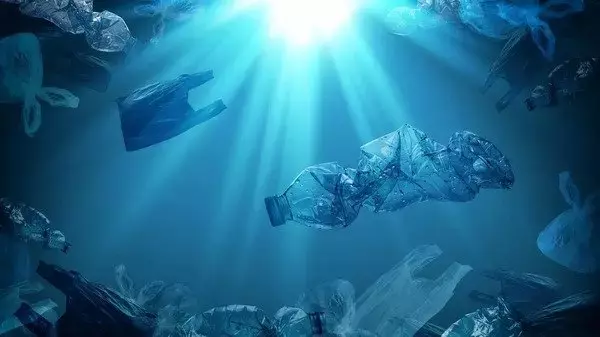
A coalition of prominent consumer goods manufacturers and retailers has come together under the banner of the Consortium to Recover Small Formats. This initiative aims to address the overlooked challenge of recycling small plastic items, such as bottle caps, pumps, and pill bottles, which frequently escape conventional recycling processes. Led by the Center for the Circular Economy at Closed Loop Partners, this collaboration brings together industry leaders like Maybelline, Kraft Heinz, Procter & Gamble, L’Oréal Group, and Target. The consortium is exploring innovative methods to enhance the recovery of these smaller plastics, driven by both regulatory changes and corporate sustainability goals.
The formation of this consortium marks a significant step in addressing the complexities of small-format plastic waste. With the backing of influential brands, the group is investigating ways to improve recycling infrastructure and packaging design. One key focus area is the adaptation of sorting machinery, such as modifying screens to better capture smaller items. Pilot programs have demonstrated that even modest adjustments can lead to notable reductions in contamination, making the process more efficient and cost-effective for recyclers. Additionally, the consortium is looking into new packaging designs that facilitate easier recycling of these components.
The cosmetics and personal care sectors are particularly impacted by this initiative, as small plastic parts are ubiquitous in beauty product packaging. Major brands are increasingly committed to making their packaging more sustainable, aligning with growing regulatory pressures and consumer expectations. For instance, legislation like California’s SB 54 is pushing companies to adopt more environmentally friendly practices. By pooling resources and expertise, the consortium aims to develop scalable solutions that can be adopted across the industry, ultimately reducing plastic waste on a broader scale.
The collaborative effort underscores the urgency of addressing small-format plastic waste. As legislative requirements evolve and consumer demands for sustainability grow, participating companies recognize the need for practical and scalable recycling solutions. Through this joint initiative, they aim to create a more circular economy for plastics, ensuring that even the smallest components are given a second life. This partnership not only advances environmental goals but also sets a precedent for future industry collaborations in sustainability.
